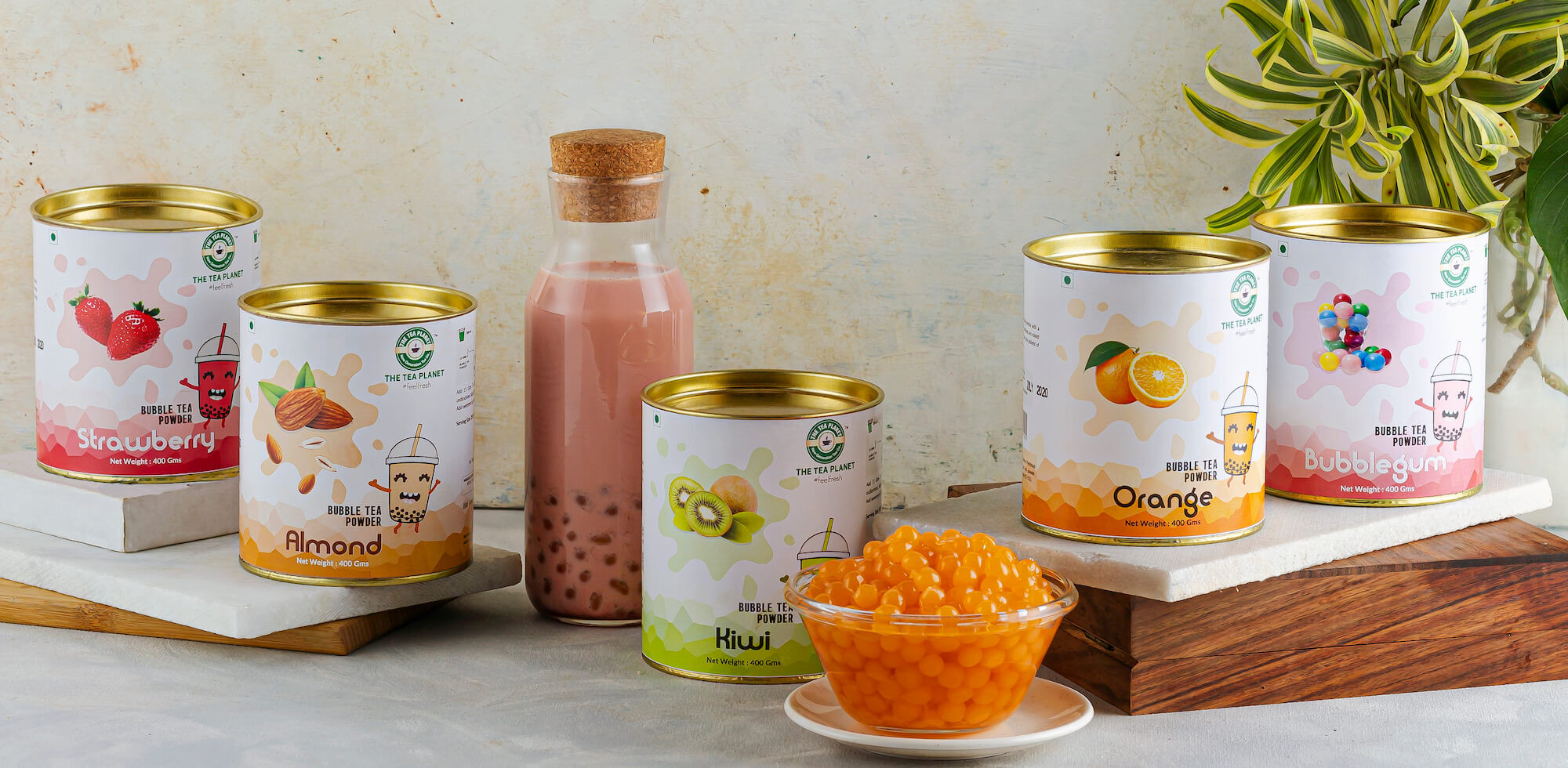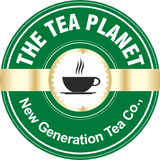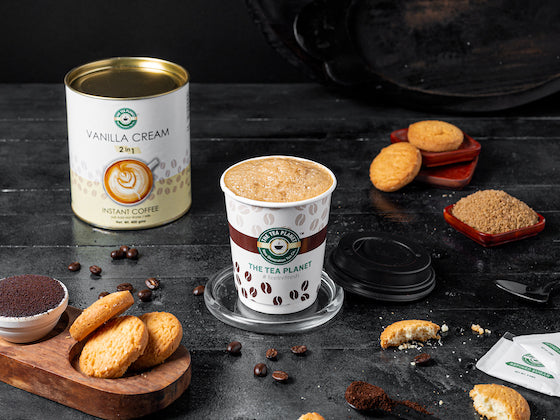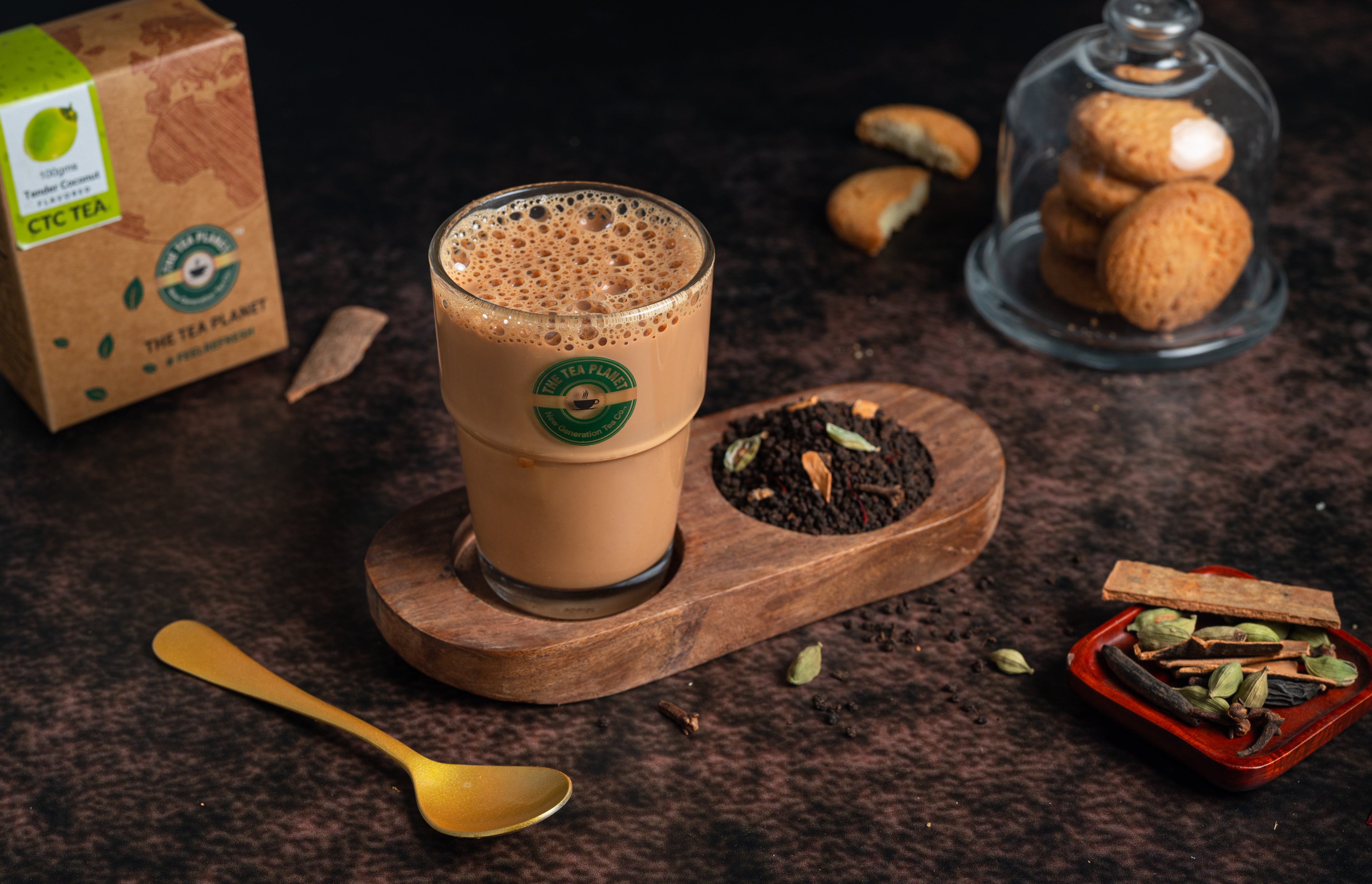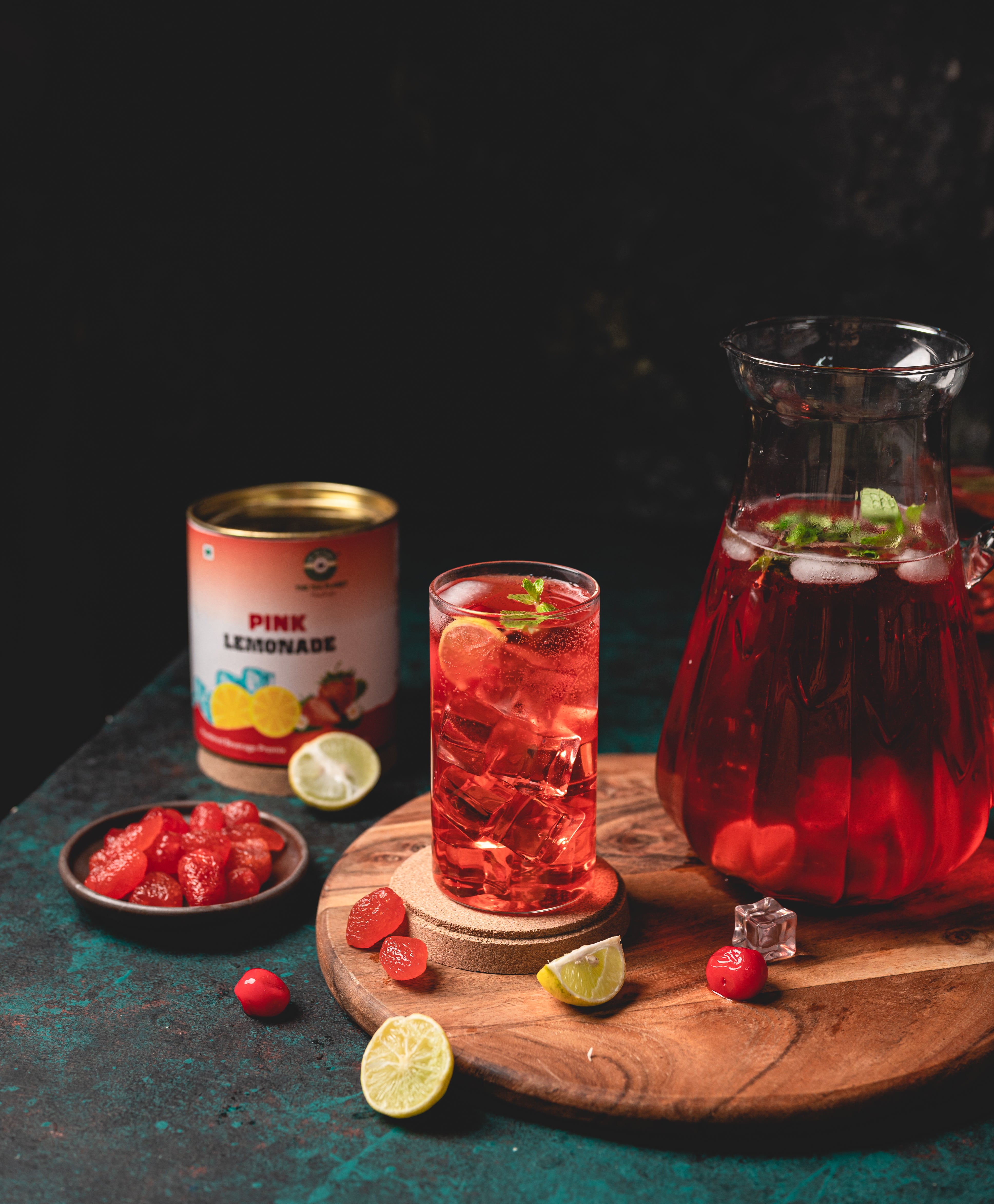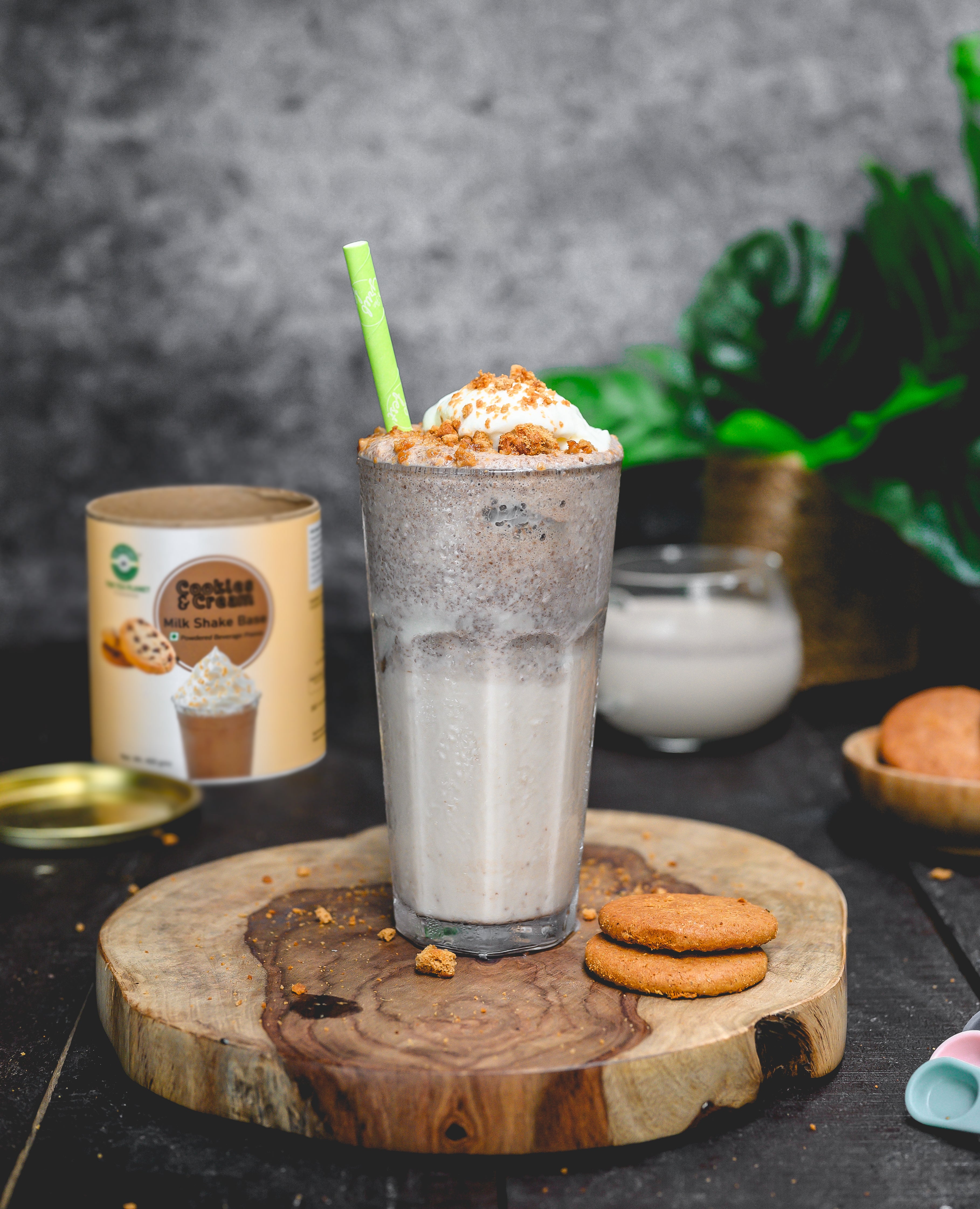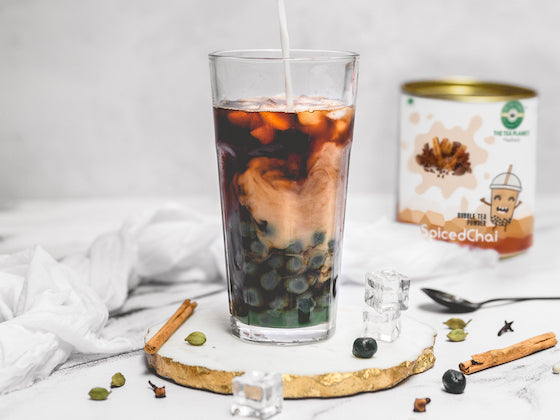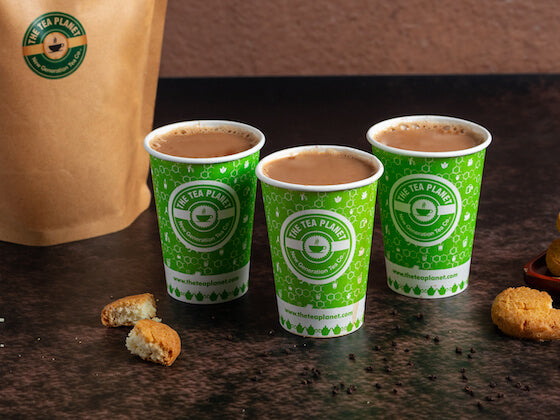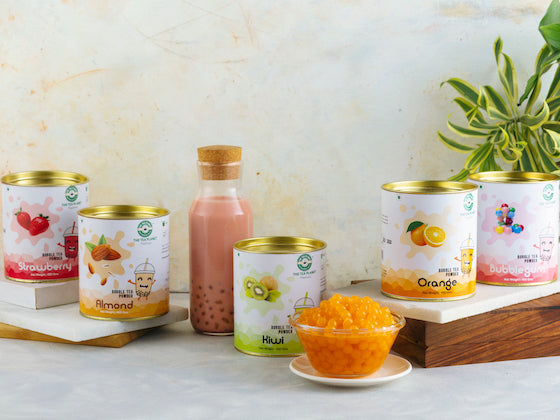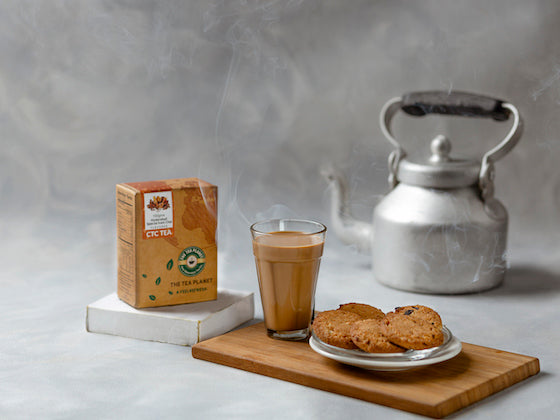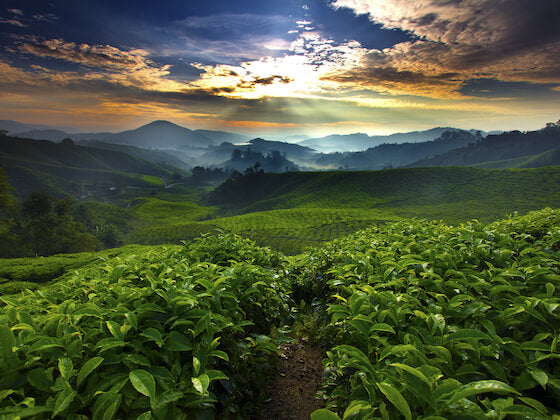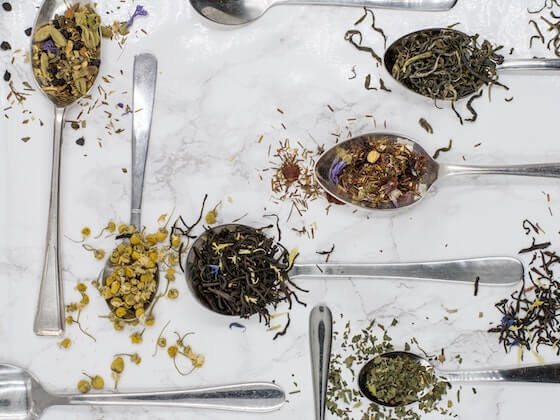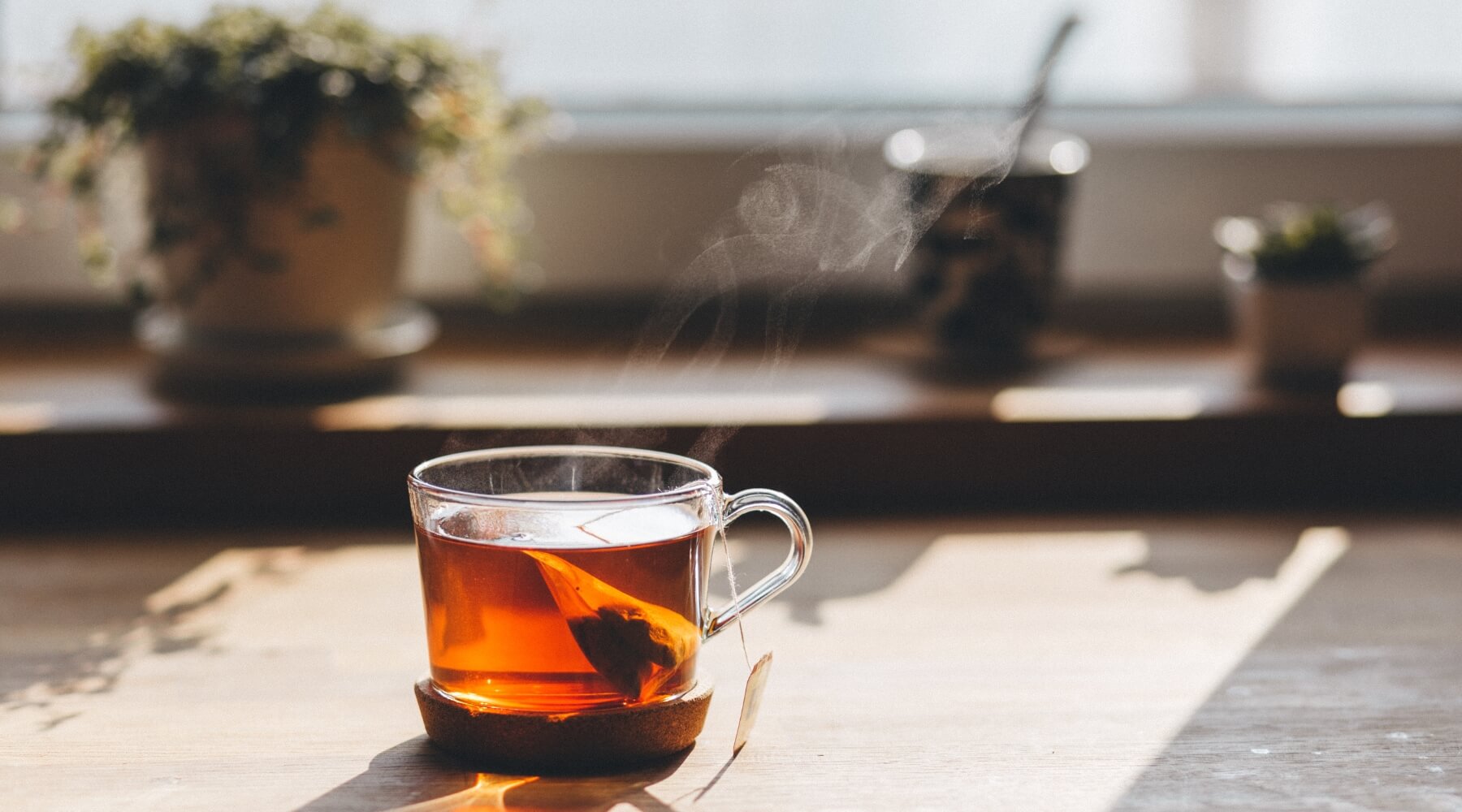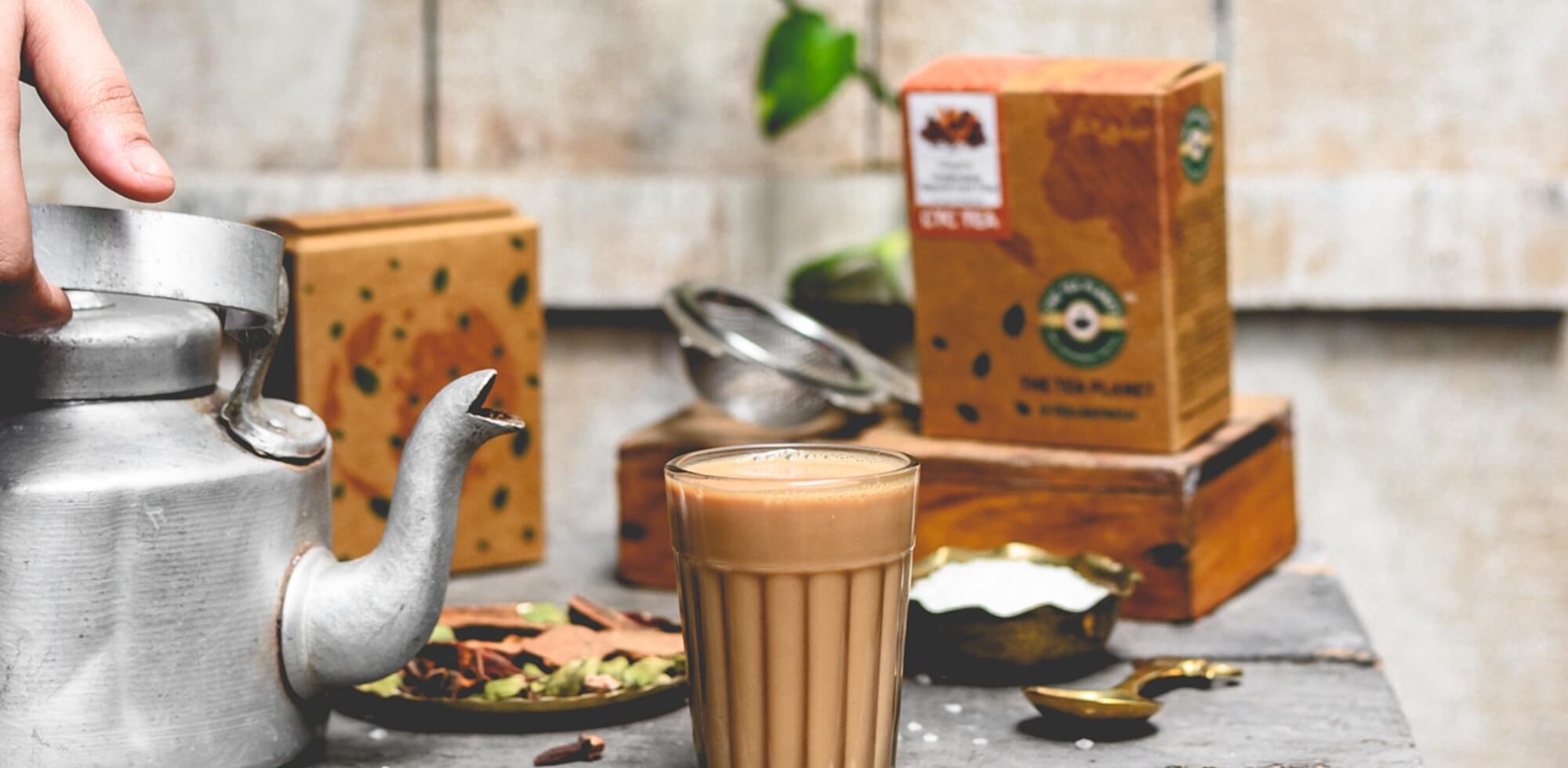The recognition of caffeine as a natural stimulant is unrivalled. Coffee, chocolate, and tea have caffeine which is found in almost 60 plant species. Caffeine's amount present in any drinks totally depends on the preparation method.
While caffeine is generally regarded as safe, excessive consumption might cause problems. This article examines the caffeine concentration of several teas and coffees to help you decide which one to consume.
Let's discuss why caffeine becomes our concern: Many of us can't imagine getting out of bed without a cup of coffee in our hands. One reason could be that it gives us a jolt of caffeine, a mild central nervous system stimulant that immediately raises our alertness and energy levels. Around 80% community of the world intakes caffeinated products regularly.
In tea, coffee, and soda these include some amount of caffeine which is quickly absorbed in the gut and then a breakdown in water and fat molecules. It has the capability to get into the brain. Food components in the gut, such as fibers, can slow the rate at which caffeine levels in the blood rise. Consequently, drinking coffee in the morning with an empty stomach may serve a higher energy boost than drinking it with breakfast.
When caffeine is ingested daily, people frequently acquire a "caffeine tolerance," which reduces the stimulant effects until a far better dose is consumed. Irritability, headache, agitation, depressed mood, and lethargy are common withdrawal symptoms when you abruptly stop drinking coffee.
The symptoms are at their peak within a few days of quitting caffeine, although they usually fade after a week. Side effects may be reduced by progressively reducing the dosage. Caffeine content varies by beverage, or you can say product type and preparation method like how it is being made. Caffeine can be present in coffee, cacao, and guarana plants' fruit, leaves, and beans. It's also found in drinks and supplements.
In Tea:
The approximate amount of caffeine in black tea is about 47 mg per cup, and green tea holds 28 mg of it, decaffeinated tea has 2 mg of caffeine, whereas herb tea contains none.
Tea:
Does tea have the very best caffeine content? It's difficult to state which tea variety has absolutely the highest and lowest quantity of caffeine because there are numerous different techniques to live caffeine and when it's tested. There are actually dozens of criteria that enter determining the caffeine level of tea, and any tea manufacturer can pick one and claim that it's the very best caffeine tea available, albeit it's taking data from an 'ideal' period in time that changes because it is processed. Differently to vary the caffeine concentration of tea or coffee is to increase or decrease the serving size easily.
White, green, and oolong teas have less caffeine than black teas, but they need more anti-oxidants such as EGCG. Antioxidants also provide a modest kind of stimulation, which is why monks have taken it for lengthy periods of meditation within the past. The range could be anywhere from 10 to 30 milligrams per cup.
You might imagine that herbal tea is caffeine-free. that may not be the case in the least. Some herbs contain caffeine, and in fact, they have more caffeine than tea. Guayusa and Yerba Mate are the 2 hottest herbs during this group. Per 8oz serving, both of those herbs contain roughly 85mg or more.
Making of Tea:
Black had the very best caffeine level (32.8 mg/g) and green (36.6 mg/g) tea leaves after three brews, and lowest in Formosa oolong tea 2 (23.8 mg/g). Black teas had the foremost total theobromine (1.64 and 1.69 mg/g), whereas oolong teas had the smallest amount (0.65 and 0.71 mg/g).
Caffeine and theobromine weren't found in either herb tea sample, or theophylline wasn't found in any of the examined teas. The typical amount of caffeine released within the first, second, and third brews was 69 percent, 23 percent, and 8%, respectively. Three cups of tea brewed with three tea bags (Western culture) have around twice the number of methylxanthines as three cups of tea made with loose tea leaves (Asian culture).
In Coffee:
The amount of caffeine in 1 cup of brewed coffee is about 95 mg; instant coffee contains 60 mg of caffeine, while decaffeinated coffee has about 4 mg of caffeine. Let's take a look at the coffee and tea varieties we have:
Coffee:
It's widespread disbelief that dark roasted coffee has more caffeine than light roasted coffee. This may not be the case, as roasting has little effect on caffeine. If you're drinking a dark roast coffee, use extra beans or ground beans. Because dark roast coffees are less thick than light roast, more beans may be used to break down the fat and sugar in the brew. Producing more caffeine Espresso contains a higher concentration of caffeine; for example, a single Starbucks espresso contains roughly 58 mg of caffeine per ounce.
Among the caffeinated beverages, coffee drinks such as latte cappuccinos are produced with a double shot of espresso, which has 116 grams of caffeine. Decaf espresso features a higher caffeine content, starting from 3 to 16 mg every 16 ounces (473 ml), whereas decaf coffee has but 3 mg per 8 ounces.
Making of coffee:
Hotter water allows tea leaves and coffee beans to absorb more caffeine. Coffee is usually brewed at a higher temperature than tea, with an optimal temperature of 90–96°C. Ground coffee can also be soaked in cold, filtered water for 8–24 hours to make cold-brewed coffee. This method utilizes 1.5 times as much ground coffee as regular hot-water brewing, resulting in a cup with high caffeine content.
NOW LET'S SEE WHAT CAFFEINE DOES TO OUR BODY:
Benefits:
1. Loss of Weight:
Weight loss is achieved by temporarily suppressing the appetite and diminishing the urge to eat. Promoting thermogenesis, which causes the body to supply more heat and energy as a result of food digestion
2. Spasms of the eyelids:
Caffeine may help prevent patients from the attention condition blepharospasm, consistent with some data. People with this disorder blink incessantly and should become functionally blind due to aberrant brain function.
3. Stones within the kidneys:
Research of 217,883 people checked out the link between coffee consumption and the development of renal stones. Those that ingested more coffee had a lower chance of acquiring kidney stones.
4. Alertness:
A 75-mg dose of caffeine can increase mental alertness, reasoning speed, and memory, while a 160-600-mg dose can improve mental alertness, reasoning speed, and memory. Caffeine, on the other hand, isn't a sleep aid.
Effects:
Caffeine appears to be good carefully, consistent with tons of published research. On the other hand, caffeine has been linked to some adverse side effects in several studies.
1) Depression:
Caffeine use can increase symptoms of hysteria and sadness. Heavier caffeine intake was connected to higher weight, lower academic success, and a better risk of severe depression in 234 secondary school students in Korea, consistent with a study published in 2016. However, it's uncertain if caffeine promotes depression or sadness induces people to require more caffeine.
2) Headaches:
Caffeine usage, both dietary and pharmaceutical, was revealed to be a negligible risk think about a population-based investigation. Regardless of what sort of headache you've got, this is often a reliable source for causing chronic daily headaches.
3) Diabetes issue:
Intake of caffeine may lead to a rise in the rate of the blood sugar level, causing type 2 diabetes.
Consistent with some studies, caffeine may impede insulin activity, leading to a small but measurable spike in blood glucose levels, especially after meals.
4) Pregnancy:
Caffeine intake of quite 300 mg per day, or about three cups of coffee, has been linked to the subsequent side effects in pregnant women: Pregnancy termination fetal growth that's slowed prenatal cardiac rhythm that's aberrant.
5) Insomnia:
Caffeine use three to 6 hours before bedtime has been shown to disturb sleep significantly. Caffeine can lower total sleep time by quite an hour when consumed up to six hours before bedtime, consistent with a study conducted by Trusted Source.
Conclusion:
The amount of caffeine in tea and occasionally both depend upon the procedure through which they're prepared. Tea has moderate caffeine, while tea, espresso, and occasional have the very best amount. Herb tea is considered to be caffeine-free. To scale back caffeine intake, try abrupting tea for less time, and it's better to settle on a decaffeinated version of your favorite coffee and espresso drinks. Limit yourself to 400 mg of caffeine every day if you would like to appreciate the consequences of caffeine completely.
